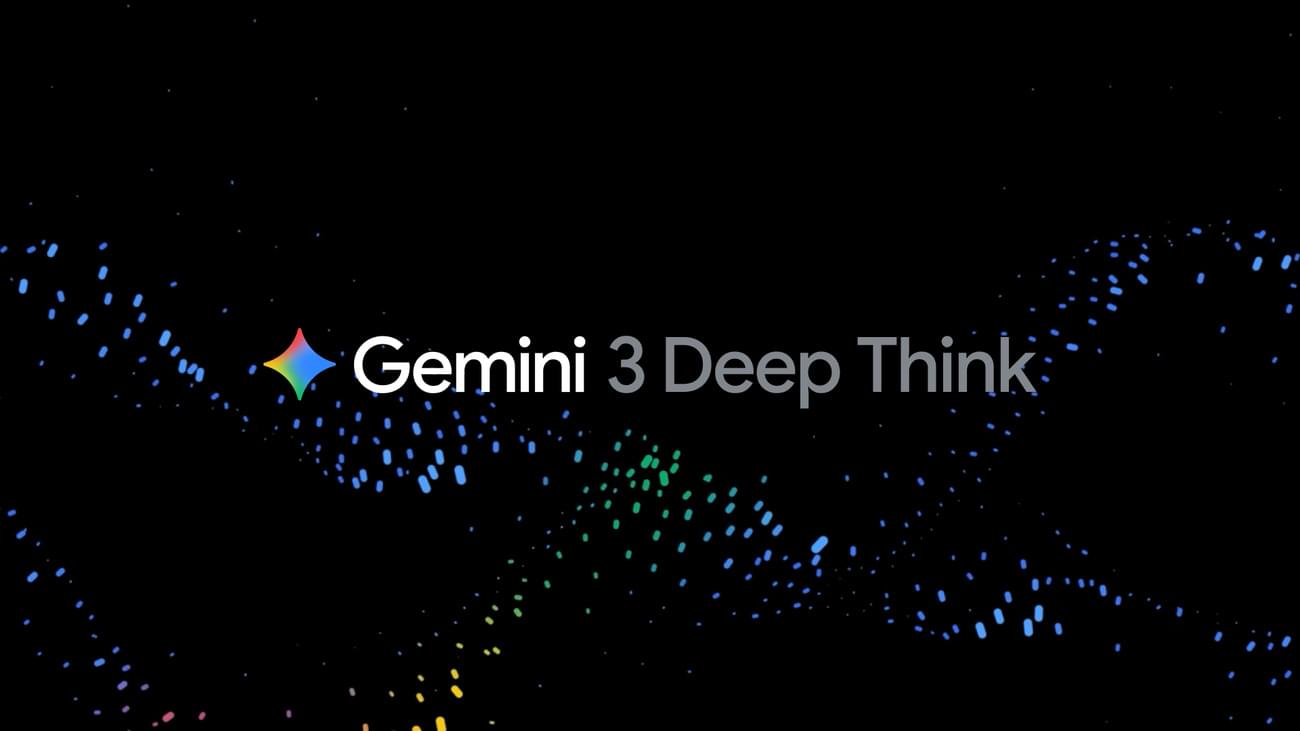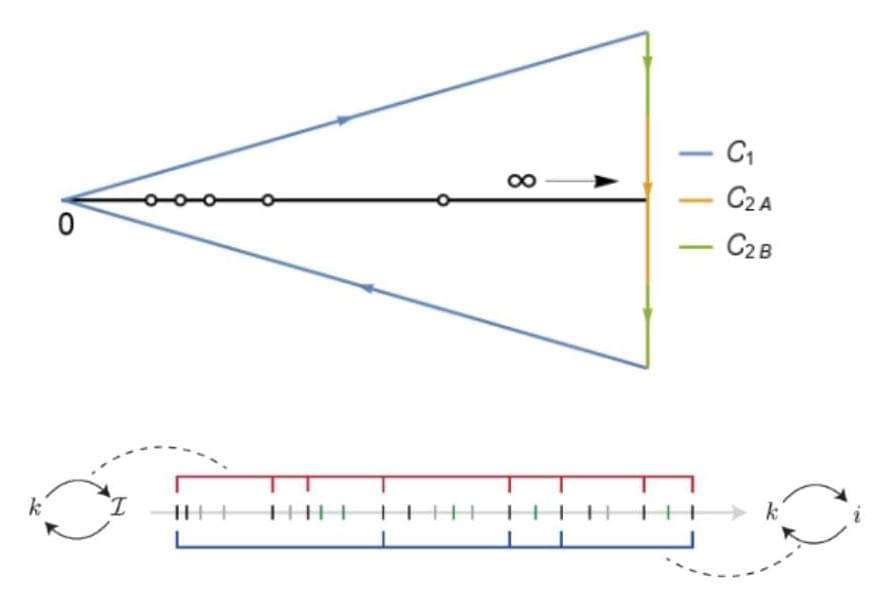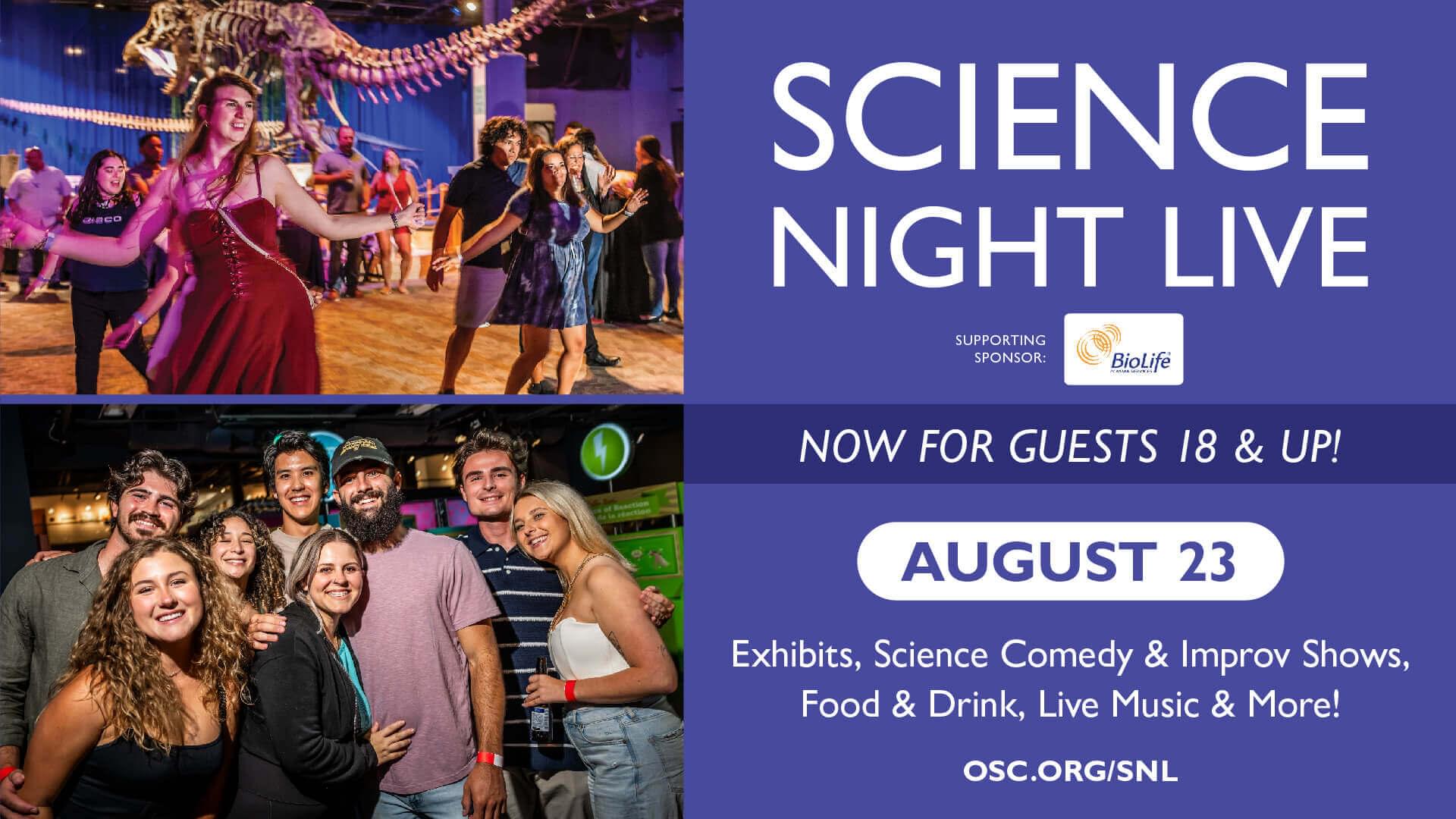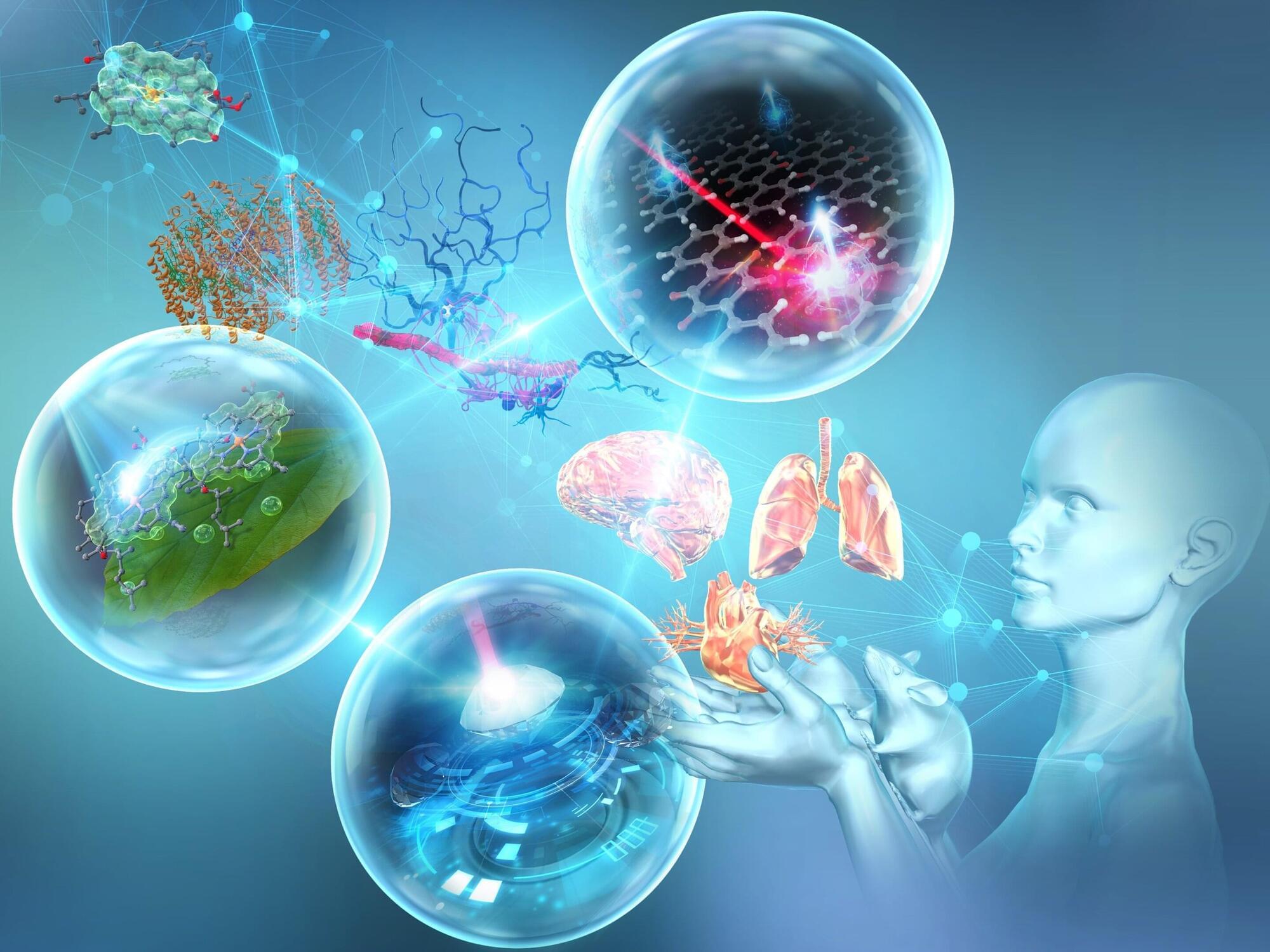Today, we’re releasing a major upgrade to Gemini 3 Deep Think, our specialized reasoning mode, built to push the frontier of intelligence and solve modern challenges across science, research, and engineering.
We updated Gemini 3 Deep Think in close partnership with scientists and researchers to tackle tough research challenges — where problems often lack clear guardrails or a single correct solution and data is often messy or incomplete. By blending deep scientific knowledge with everyday engineering utility, Deep Think moves beyond abstract theory to drive practical applications.
The new Deep Think is now available in the Gemini app for Google AI Ultra subscribers and, for the first time, we’re also making Deep Think available via the Gemini API to select researchers, engineers and enterprises. Express interest in early access here.






